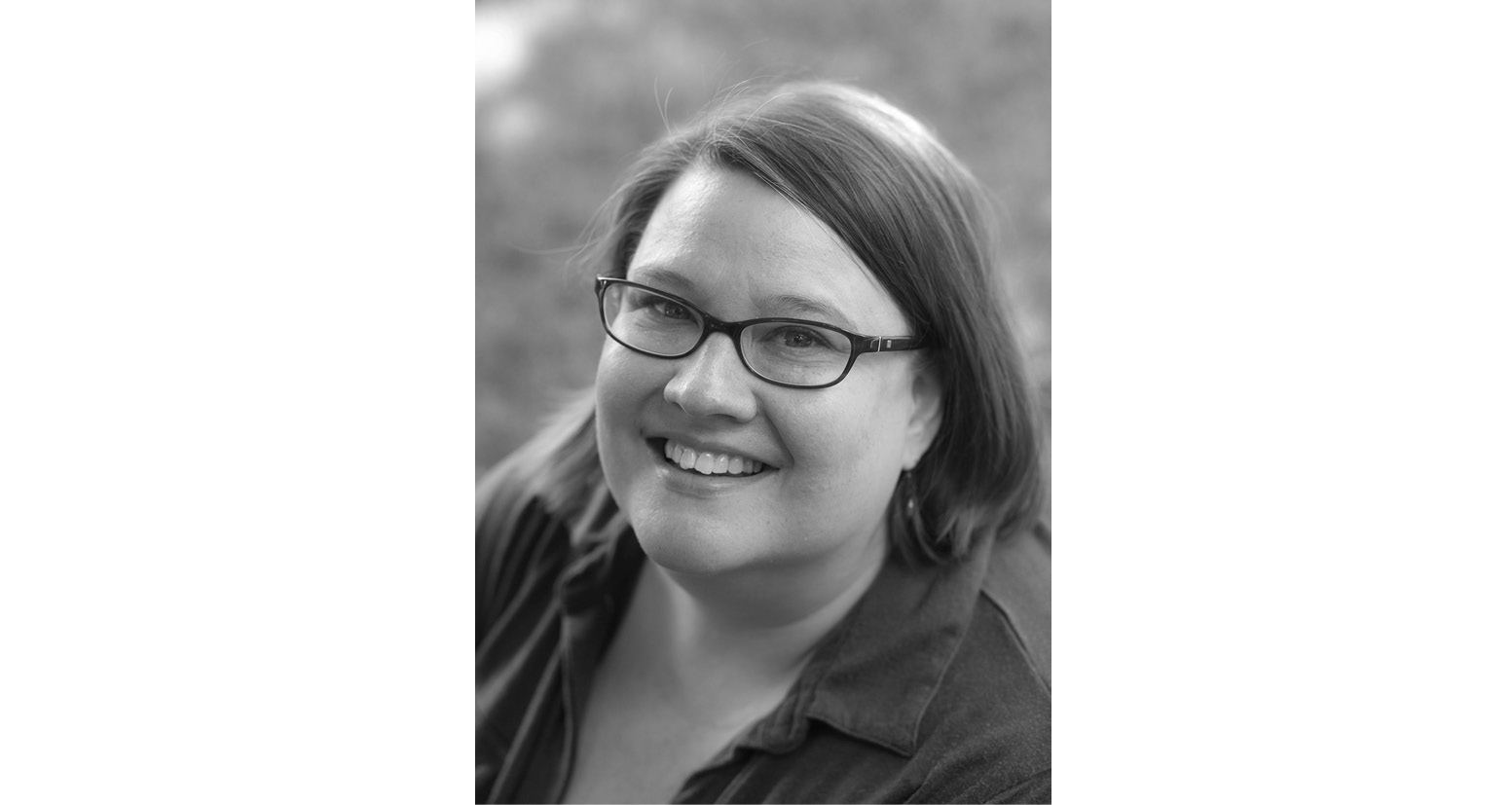Wanderville (17 page)
Authors: Wendy McClure

A
Town that Wanders
T
hey decided they would build a bonfire at dusk, partly because they suddenly had a bounty of firewoodâNicky and Lorenzo had been practicing with the hatchet on a big fallen treeâand partly to celebrate the new citizens of Wanderville.
“There are nine of us now!” Alexander had declared while standing on the courthouse rock. “Our numbers are growing stronger.”
Jack couldn't help but think that it would have been even better to have
ten.
Ten or more, with Quentin and the others. But he cheered with the group all the same. Then he went to start the fire while Alexander showed Anka and Sarah the pantry.
Frances looked around, suddenly on her own. Where had Harold gone?
She turned and at last spotted her brother by the creek, sitting on the bank with one of the new boys, George. They looked close in age, and Frances hoped they were becoming friends. She headed in their direction slowly, gathering sticks for kindling as she went.
“I never knew her,” she heard George say. “She died when I was born. Then my da gave me up.”
They were sharing their stories, Frances realized. Their orphan stories. Their backs were to her, and she ought not to be overhearing them. But then Harold spoke up.
“We had our aunt Mare,” Harold said. “Only . . . she was really our mother. She once told me.”
Frances stopped breathing for moment.
He knew.
When had Mare told him? Frances had no idea that he'd known.
“Why'd you call her your aunt?” George asked.
“Don't know. She told us to. I think it was because we didn't have no father.”
Any
father, Frances wanted to correct him.
Harold turned around just then, as if he could hear her mind. “Isn't that right, Frances? About Aunt Mare?”
“Yes,” she told him. “She thought it would be better if folks believed we were her orphaned niece and nephew.”
Their mother had just been trying to protect them, she realized. Just as Frances had wanted to protect Harold. But maybe the truth was just the truth, and it wouldn't hurt them anymore. Not here in Wanderville, at least.
“Anyway,” Harold told George, “she went away when I was little. Right, Frances?”
Frances blinked her wet eyes and smiled. “Right.”
“Don't cry, Frances,” her brother said. “It was a long time ago.”

“You're using the flint again instead of the matches,” Alexander remarked, watching Jack struggle with the rock and the hatchet. “What's wrong?”
“Quentin,” Jack said, hitting the flint. “The others at the ranch. The ones I didn't save.” Like Daniel, he thought. Daniel, who needed his help that day in the factory. “I've got to do something.”
The flint broke in two. Jack sat up and took a deep breath, then he went to pick up the pieces. But Alexander reached in and grabbed them instead.
“You mean
we
,”
he said. “
We
will do something to help the others. You and me and Frances.”
“And Harold,” Frances added. She had come over just then. “Don't forget about him.”
Jack shook his head. “How could weâ”
Frances interrupted, “He wouldn't be here if it weren't for you.”
Jack looked up. “Really?”
“Neither would I,” Frances said. She looked a bit like she'd been crying, but by now a grin had replaced her tears, her frizzy hair framing her beaming face.
“And neither would Wanderville,” Alexander said. “Come on, let's start that fire.”

For their supper, Jack and Anka cooked up a stew of canned beans and ham. George surprised them all by contributing two potatoes that he'd saved from the infamous Tater Thursday battle.
“I got deep pockets,” he said.
They had to share dishes and pass them around the fire to eat the stew, but everyone agreed it was a thousand times better than the food on the ranch.
“Or those puny sandwiches on the train,” Sarah said. “Frances, remember that horrid Miss DeHaven? With the sleeves?”
“She was on our train, too,” Nicky said. “I heard she's Mrs. Pratcherd's sister.”
“You mean monsters have sisters?” Lorenzo said, and they all laughed.
But Anka shuddered. “They are not good people, the Pratcherds,” she said. “They will look for us.”
“Yes, and Sheriff Routh, too,” Jack pointed out.
“I wonder what Mrs. Routh thinks,” Frances said. “I feel like she knows the Pratcherds are cruel to us and she's trying to tell her husband.”
“But he's still the sheriff. His job isn't to care about us, just to keep the order,” Jack replied. “Trouble is, we can't live on our own without being on the wrong side of the law.”
“That's why we can't stay here forever,” Frances sighed.
“I was thinking about California,” Alexander said. “It's supposed to be better there. Warm and nice, and you can pick oranges by the side of the road. And see the ocean.”
“You mean . . . leave Wanderville?” Jack asked.
Alexander grinned. “Of course not. Wanderville is here, right now. But it can be any place we want to be. Any place we build it.”
“Can that be the third law of Wanderville?” Harold asked. “That it can be anywhere?”
“Sure!” Alexander laughed. “I mean . . . we hereby declare it!”
“It's a very good law,” Frances agreed. Lorenzo nodded. “A town that wanders.”
“Right,” Alexander said. “It's anywhere we decide that we're better on our own, not pushed around or ignored or treated like stray animals. It's anywhere we can choose how we live.”
“And it's anywhere we can help other kids, too,” Jack added. “Where we can bring them and show them how life can really be.” He took a deep breath. “Better than the ranch, or the Lower East Side, or . . . or sent off to live with strangers.”
He stared out at the new faces around the fire. In some ways, they were
all
new facesâa month ago he hadn't even known Frances or Harold or Alexander. He hadn't any idea that there were towns in the middle of nowhereâtowns on the prairie where the railroad took you, but also towns that you made yourself. Well, not just by yourself.
His eyes met Frances's and she smiled.
“It's where friends are,” she said. “And there's room for more.”
cknowledgments
I
am so grateful for the amazing people at Razorbillâto Ben Schrank, who gave me the opportunity to build an imaginary town in the woods; to my editor, Gillian Levinson, for her thoroughness and energy that have inspired me both as a writer and as a fellow editor; and to everyone else at Razorbill who helped make this book happen. Thanks so much as well to Sarah Burnes, my agent, who provided encouragement and support; and to my husband, Chris, for reading my drafts and sitting with me to watch all the various documentaries and movies I sought out for research.
And special thanks to the staff and curators at the Old Courthouse Museum in Sioux Falls, South Dakota, for providing me with archived newspaper articles one September weekend when I first began writing this book in a hotel room and was desperate to know more about the children who traveled on orphan trains to the Midwest.
WanDer
over to book two, coming Fall 2014!

Wendy McClure
(WendyMcClure.net) is the author of
The Wilder Life: My Adventures in the Lost of World of Little House on the Prairie
and several other books for adults and children. She is a senior editor at Albert Whitman and Company, where her recent projects include books in the Boxcar Children series. She received an MFA from the Iowa Writer's Workshop and has been a contributor to the
New York Times Magazine and This American Life.
She lives in Chicago with her husband.
